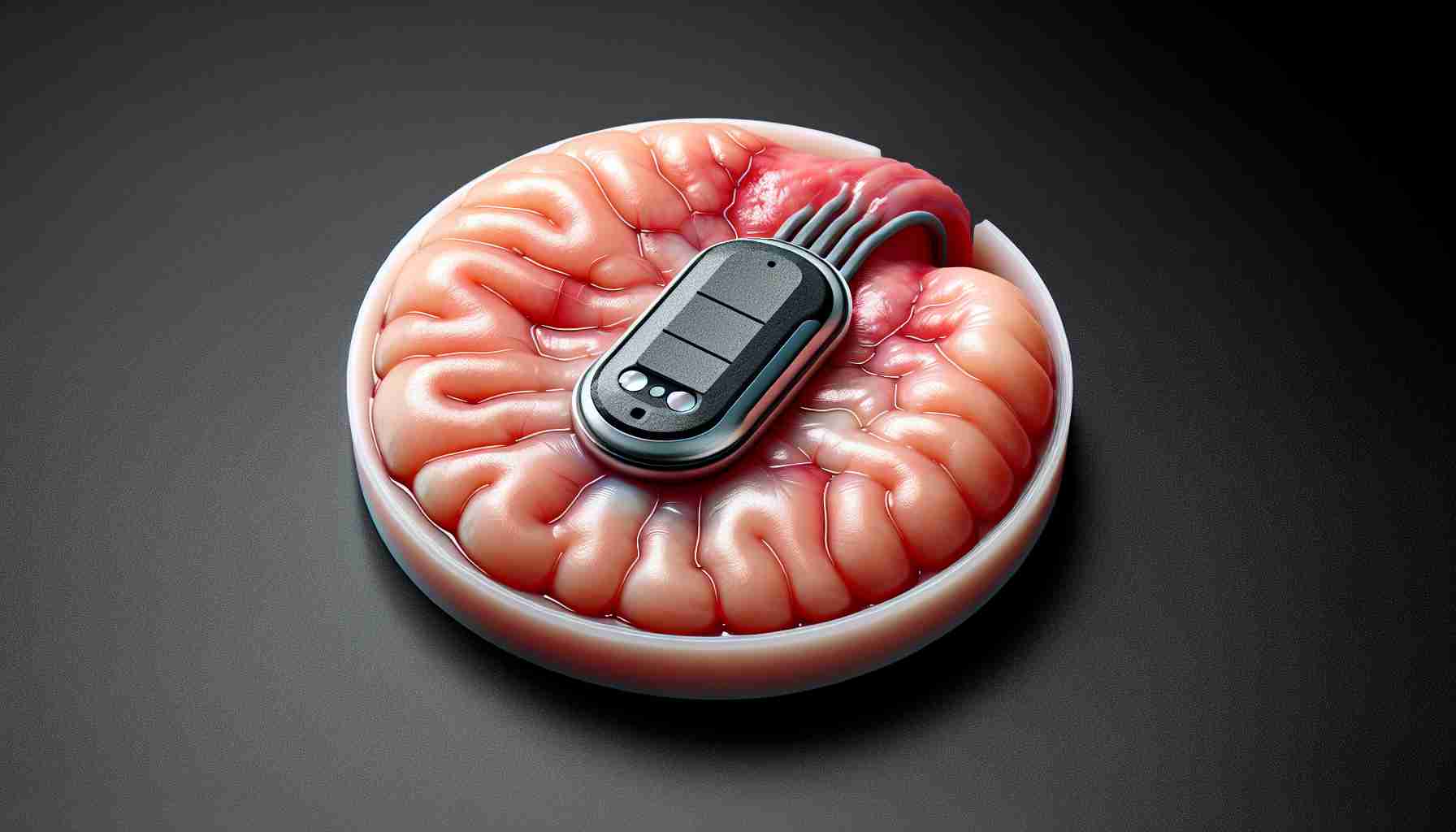A new small adhesive sensor developed by engineers at the Massachusetts Institute of Technology (MIT) in the USA can monitor the stiffness of internal organs and potentially serve as a tool for early disease detection.
This small adhesive sensor, about the size of a postage stamp, is designed to adhere to the skin. It works by detecting signs of organ diseases such as liver and kidney failure, as well as the progression of tumors.
In studies published in the journal Science Advances, the device demonstrated the ability to continuously monitor organ stiffness for 48 hours and recognize subtle changes that indicate disease progression.
Xuanhe Zhao, a professor of mechanical engineering at MIT, said, “When certain organs are diseased, they can become stiffer over time. With this adhesive sensor, we can continuously monitor changes in stiffness over a long period, which is extremely important for early diagnosis of internal organ failure.”
Preliminary tests conducted on rats showed that the sensor effectively detected early signs of acute liver failure.
Engineers are currently focused on adapting this technology for use in humans, especially in intensive care units. The new adhesive ultrasound sensor can be a breakthrough in monitoring internal organ health, enabling earlier disease detection and treatment. It allows for the examination of organ stiffness over extended periods, enabling the tracking of disease progress and appropriate medical interventions. This innovative solution has the potential to significantly improve healthcare and increase the chances of effective treatment.
